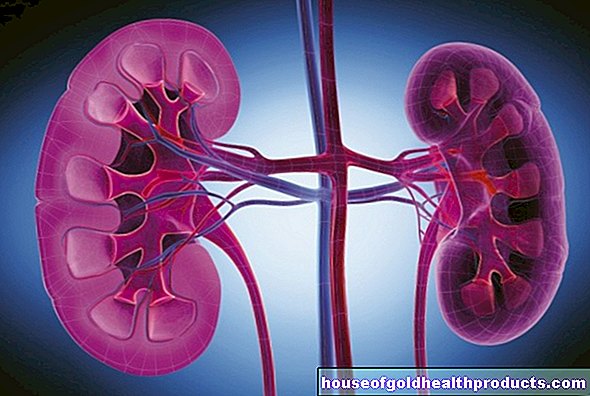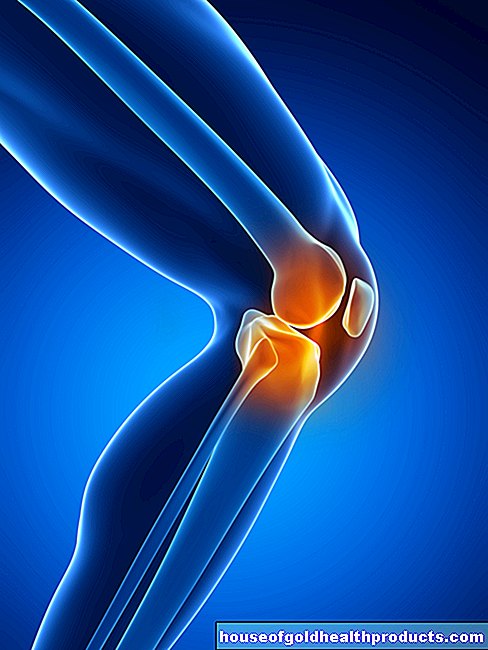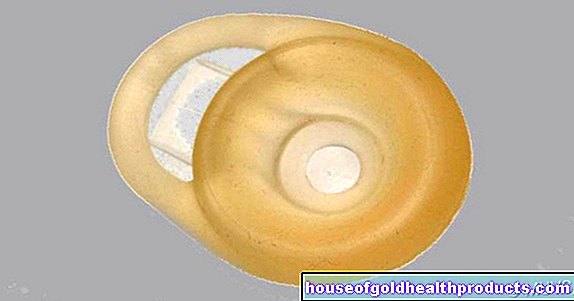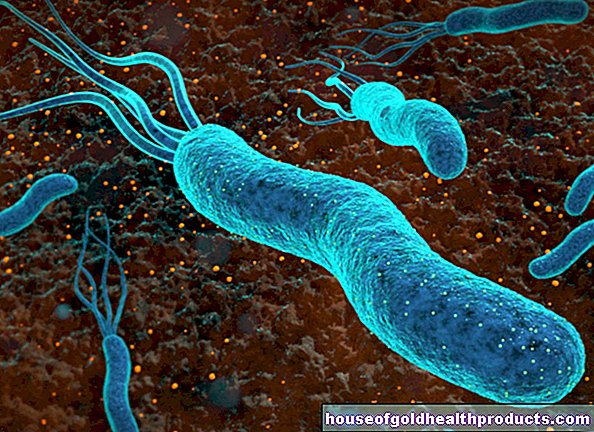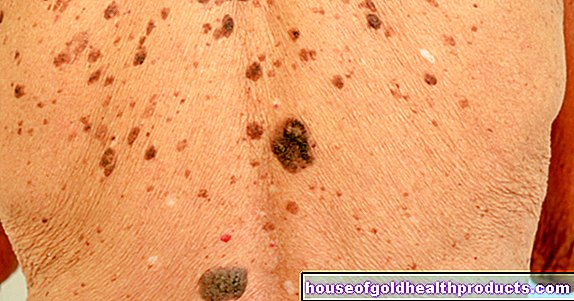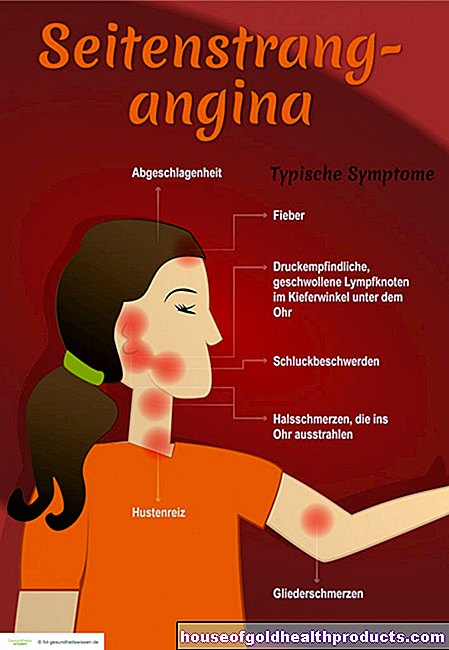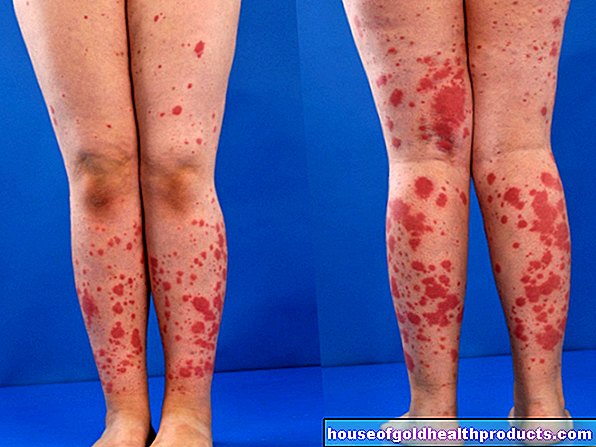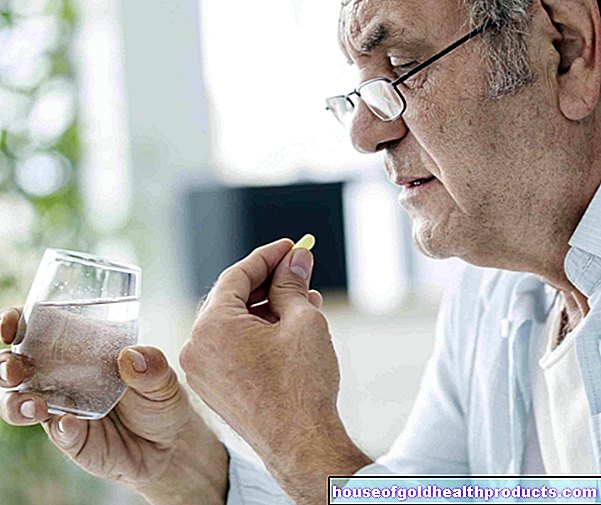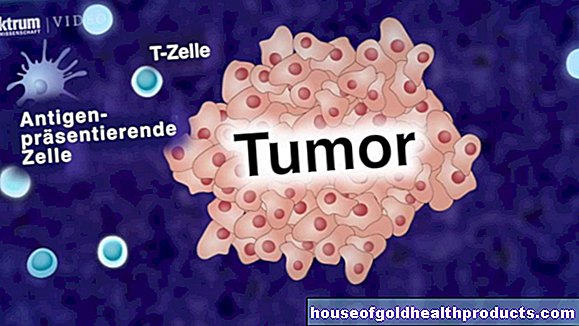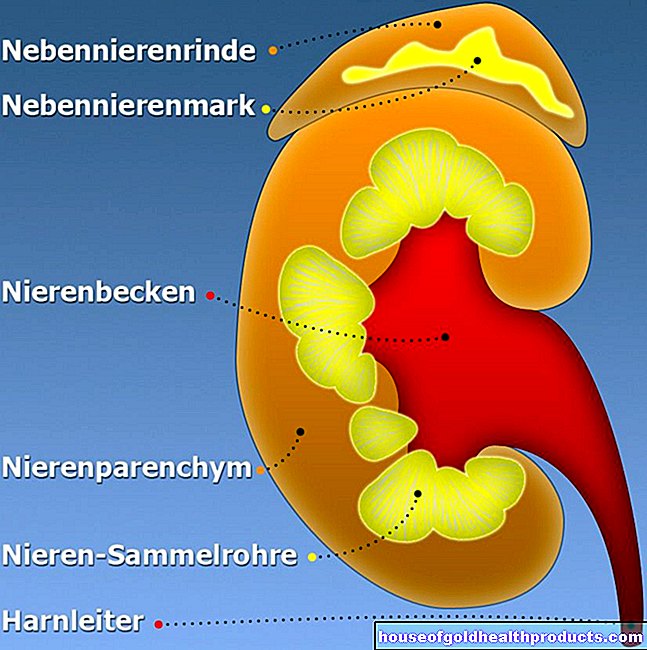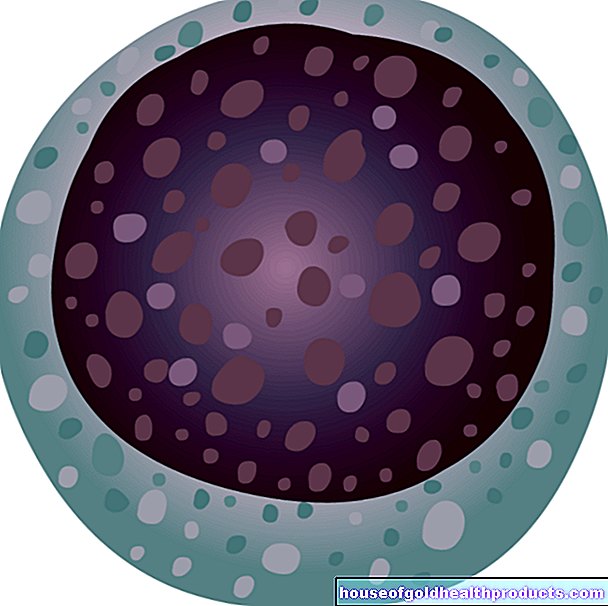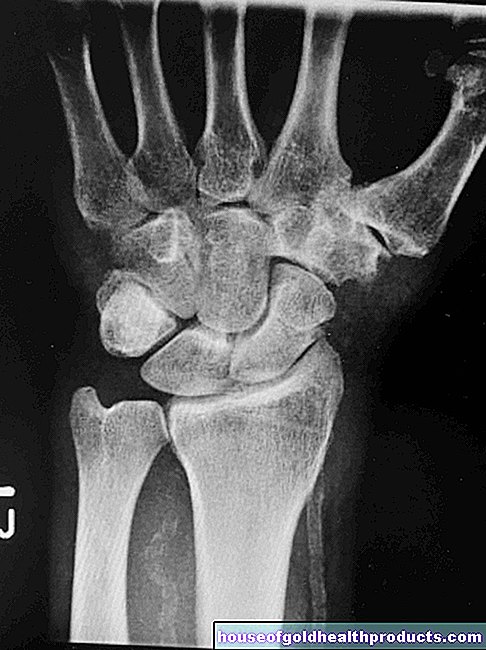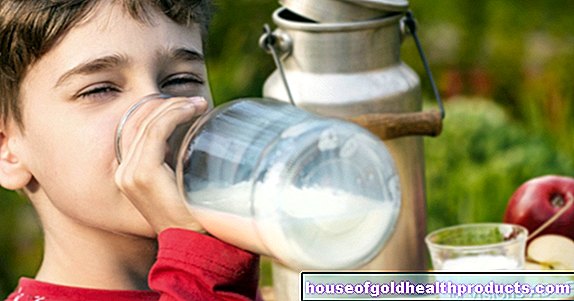Air pollutants: Particularly dangerous for some
All content is checked by medical journalists.MunichPollutants in the air can damage the heart. However, some people are particularly sensitive to fine dust and the like. The reason for this lies in the genes.
Air pollutants cause what is known as oxidative stress in the body. This means that there are a particularly large number of aggressive oxygen molecules in circulation. The body reacts to this with inflammatory reactions that damage the blood vessels over the long term. How strong this is obviously also depends on a person's genetic makeup. An international team of scientists has now come to the conclusion.
The researchers recruited 270 non-smokers, from each of which they took seven blood samples within four to six weeks. The researchers were able to determine how high the patient's exposure to air pollutants was based on values that were measured hourly by various measuring stations.
Critical gene variants
The result: Patients who carried certain gene variants in their genome showed significantly higher concentrations of inflammatory messenger substances in the blood - especially when the air pollution was increased. A gene variant for the enzyme glutathione S-transferase M1 (GSTM1) was critical - at least if the owner still possessed one of two other genes. This included a variant of the gene for the C-reactive protein (CRP), which is critically involved in inflammatory processes. the other was a genetic variant for the glycoprotein fibrinogen, which plays a role in blood clotting.
Genetically particularly sensitive
"Our results confirm the assumption that air pollutants trigger inflammatory reactions - especially in genetically predisposed people," says first author Dr. Regina Pickford.
Such inflammatory processes precede widespread diseases such as cardiovascular or metabolic diseases. (cf)
Source: Rückerl, R. et al. , Associations between Ambient Air Pollution and Blood Markers of Inflammation and Coagulation / Fibrinolysis in Susceptible Populations, Environment International, Volume 70, September 2014, Pages 32–49
Tags: prevention Diseases drugs
